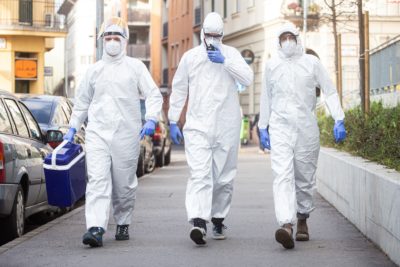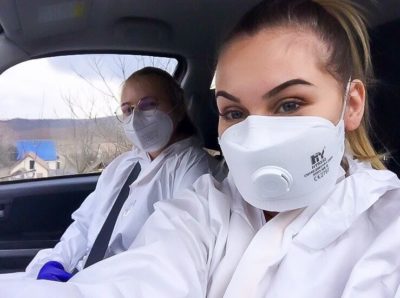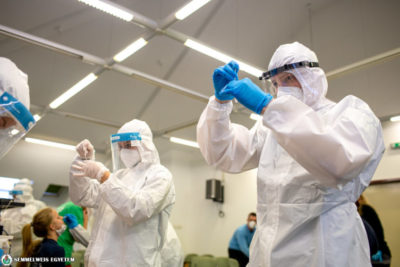Dear Students,
Regarding the international epidemiological situation caused by the new coronavirus (SARS-CoV-2), please find below the most important information.
Tests have confirmed that an international pharmacy student of Semmelweis University has been infected by the coronavirus. As a result, the university’s rector has made the decision that the 16 members of the fourth-year English-language pharmacy class will be provided with all the materials necessary for their studies, so that they can study remotely and online from home for as long as it is necessary. During this time, the affected students cannot participate in lectures and practices. The university is taking additional precautionary measures, one of which is that the rector has decided to postpone the International Semmelweis Carnival to a later date that was scheduled to be held this Saturday.
Therefore, I reiterate the need to act in accordance with the information sent out on 02 March 2020.
If you develop symptoms of sudden acute respiratory tract infection (fever, cough, shortness of breath), you are only suspected of having a coronavirus infection if you have been in close contact with a coronavirus patient within 14 days or have been to an area where the spread of the coronavirus is assumed within 14 days.
The areas most likely to be affected are China, South Korea, Iran and some provinces in Italy. Please visit the following websites for more information:
https://www.who.int/emergencies/diseases/novel-coronavirus-2019
https://www.nnk.gov.hu/index.php/lakossagi-tajekoztatok/koronavirus
If, based on the above, you have a strong suspicion of a coronavirus infection, we request that you stay at home and call your GP or the emergency medical service in your area immediately and follow the instructions of the doctor, who will take action.
If you develop acute respiratory symptoms but none of the above conditions apply to you, you are not suspected of having a coronavirus infection. In this case, we advise you to stay at home until the symptoms improve.
We also advise you not to travel to a country that is affected by the spread of the infection and, if possible, not to receive visitors from those countries until the new coronavirus epidemic subsides. If you are unable to postpone or cancel your planned trip, we request that you voluntarily stay away from the university and study at home for 14 days after returning to Hungary. Please note that anyone who does not stay home for 14 days after returning from an endangered region violates the Semmelweis University student’s oath. The university will make sure to provide you with appropriate study material in the form of distance learning. Please inform the Dean’s Office in such a case, so that your absence can be confirmed. If you develop acute respiratory symptoms during these 14 days, stay at home, call your GP or the emergency medical service in your area immediately and follow your doctor’s instructions.
The behaviour of the SARS-CoV-2 is similar to that of the influenza, but there is little experience yet. It spreads through a drip infection and can usually cause symptoms after a few days of incubation. In most cases, the course of the disease and the symptoms are not severe. At present, it is believed that it is most dangerous for the elderly and for those who are already suffering from a major illness (e.g. transplanted, immunosuppressed, receiving chemotherapy). Unlike the influenza, there is no vaccine or medicine for the new coronavirus. Regardless, we must behave essentially like in the case of a flu epidemic, which is also occurring at the moment. This means following simple preventive and protective measures:
- Wash your hands thoroughly and frequently with warm water and soap.
- Apply hand disinfectant.
- Limit greetings involving physical contact (handshakes, kisses, etc.) during the flu epidemic.
- Do not rub your eyes or touch your face.
- Use a tissue if you cough or sneeze. Dispose of the used handkerchief into a rubbish bin.
- Disinfect frequently used items and surfaces (computer keyboards, door handles, etc.).
- Ventilate as often as possible.
- Avoid crowds as much as possible during transport and leisure.
Please be advised that hand disinfection facilities are provided at Semmelweis University’s common areas, and we will keep you informed of changes in the epidemiological situation.
If you have any questions, comments or suggestions, you can also contact the Department of Hospital Hygiene at korhazhigiene@semmelweis-univ.hu.
Budapest, 04 March 2020
Prof. Dr. Béla Merkely
Rector


